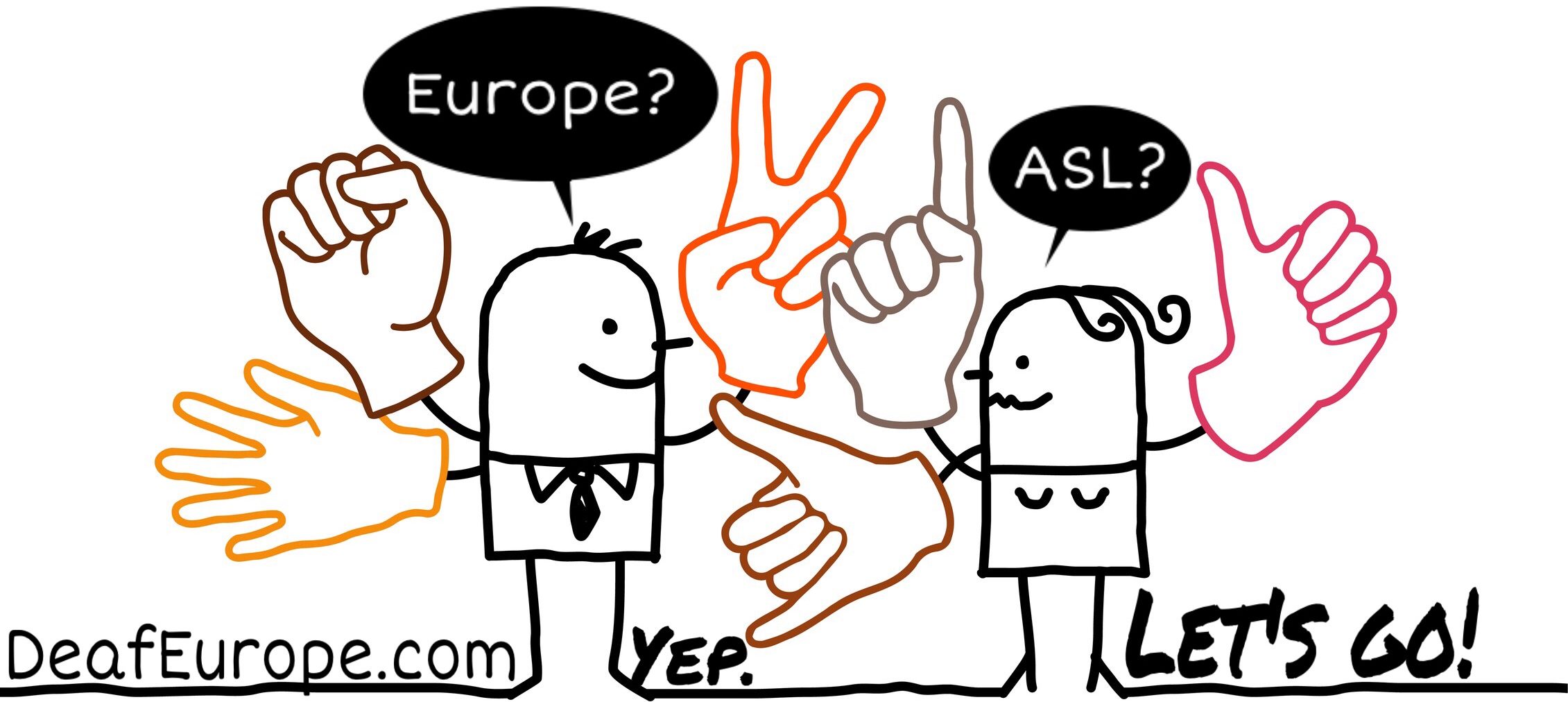Air Travel, Disabilities, And The TSA
Among the primary objectives of the Transportation Security Administration (TSA) is to offer the greatest level of security and customer support to all who go through our screening checkpoints. Our existing policies and procedures focus on ensuring that passengers, no matter their individual situations and requirements, are dealt with similarly and with the dignity, regard, and courtesy they are worthy of. Although everyone and product must be evaluated before getting in each safe and secure boarding area, it is the manner where the screening is carried out that is crucial.
In order to achieve that objective, TSA has established a program for screening of individuals with impairments and their involved equipment, mobility help, and devices. Our program covers all classifications of impairments (movement, hearing, visual, and hidden). As part of that program, we developed a union of over 70 disability-related groups and companies to help us comprehend the issues of individuals with specials needs and medical conditions. These groups have helped TSA with integrating the special needs of persons with impairments into our airport operations.
Because the initial total ban on gels, aerosols and liquids took effect we have learned enough from the UK investigation to say with self-confidence that little, travel size liquids are safe to bring through security checkpoints in minimal numbers. We are confident in our increased security steps throughout the airport. Travelers can buy beverages in the safe and secure boarding area and bring them aboard their flights.
TSA's checkpoint security screening procedures for individuals with impairments such as being Deaf and medical conditions have actually not changed as an outcome of the existing threat circumstance. All disability-related equipment, aids, and gadgets continue to be enabled through security checkpoints as soon as cleared through screening.
Furthermore, we are continuing to permit prescription other liquids and liquid medications required by persons with disabilities and medical conditions. This includes:
* All prescription and non-prescription medications (liquids, gels, and aerosols) consisting of KY jelly, eye drops, and saline option for medical purposes;
* Liquids including water, juice, or liquid nutrition or gels for travelers with a special needs or medical condition;
* Life-support and life-sustaining liquids such as bone marrow, blood products, and transplant organs;
* Items used to enhance the body for cosmetic or medical factors such as mastectomy items, prosthetic breasts, shells or bras including gels, saline service, or other liquids; and,
* Gels or frozen liquids had to cool disability or clinically related products used by persons with disabilities or medical conditions.
If the liquid medications are in volumes larger than 3 ounces each, they might not be put in the quart-size bag and should be declared to the Transportation Security Officer. A declaration can be made verbally, in writing, or by a person's friend, caregiver, interpreter, or household member.
Stated liquid medications and other liquids for impairments and medical conditions must be kept different from all other property submitted for x-ray screening.
In order to achieve that objective, TSA has actually established a program for screening of individuals with specials needs and their associated devices, movement aids, and gadgets. As part of that program, we established a union of over 70 disability-related groups and organizations to assist us comprehend the concerns of persons with disabilities and medical conditions. These groups have actually helped TSA with incorporating the unique requirements of individuals with disabilities into our airport operations.
There is still a long way to go before Deaf travelers and others with special needs can feel as though they are being treated equally, but at least some steps are being taken in the right direction.


Leave a Reply